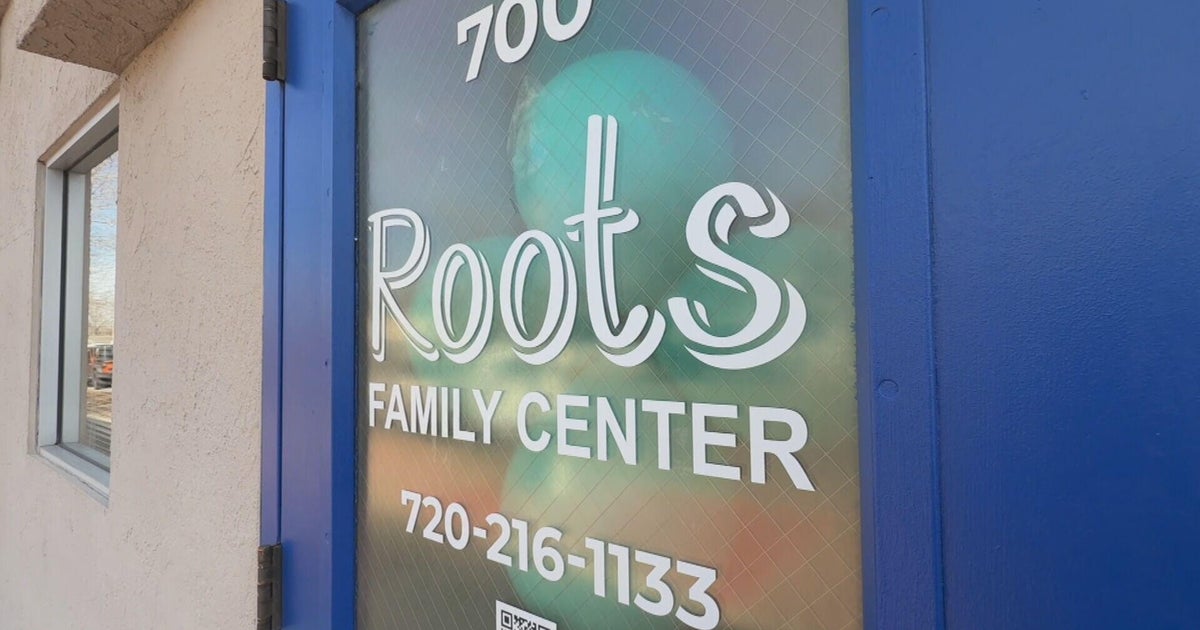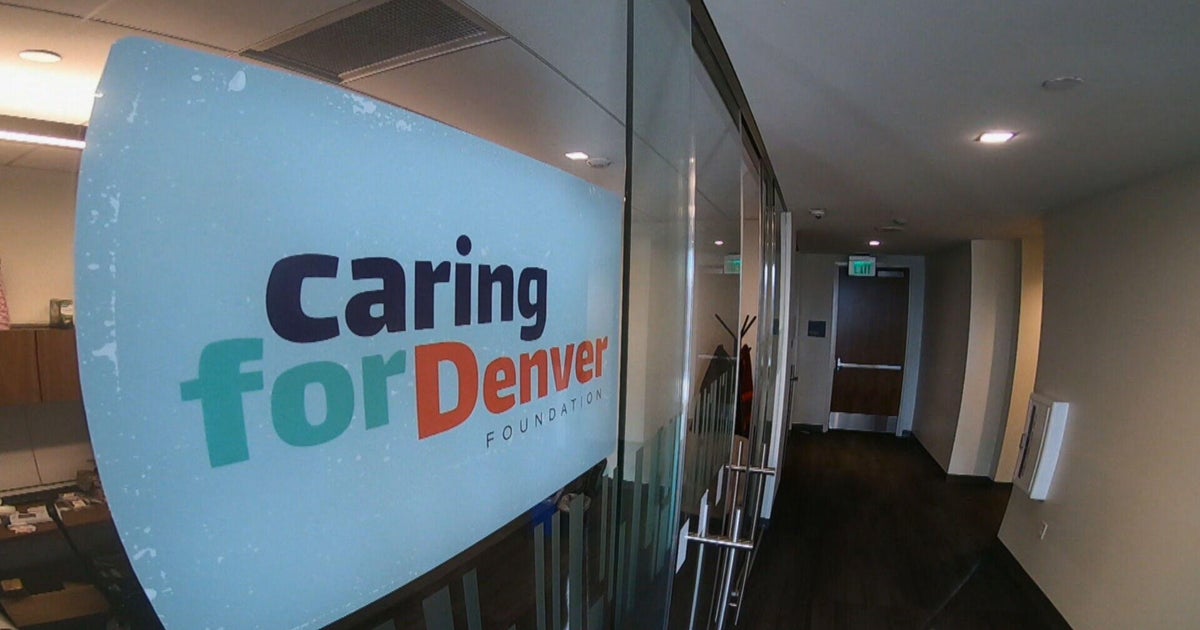Understanding Medicare: What Is Covered & What Isn't
 (credit: Aegis Living)
(credit: Aegis Living)
(SPONSORED CONTENT) - If you and your loved one have decided that assisted living facilities are the best option for overall health and well-being, there are several things that you will need to discuss, including what is and isn't covered by Medicare.
The services, location and amenities that your parent receives are deciding factors for their assisted living options. However, paying for treatment in an assisted living facility is an important aspect of senior care, so it is crucial that you both fully understand that while Medicare may cover many of the ongoing medical expenses, it will not cover rent or amenities in privately funded assisted living communities that are private pay, like Aegis Living.
Some individuals may believe that Medicare pays for long-term care found in assisted living facilities, but the truth is, only some of the medical aspects of your loved one's care will, in fact, be paid for. Medicare is a federal health insurance program for seniors, so there are some preventative measures that will be taken care of with your Medicare coverage. However, as a whole, you may need private insurance or other out-of-pocket funds to cover the remainder of your assisted living expenses.
Medicare is split up into different parts, all of which serve their own purpose. Across the board, Medicare is a federal health care insurance program that all U.S. residents pay for during the course of their lifetime. Then, the preventative coverage begins once a citizen reaches age 65 (some benefits may kick in for younger patrons with disabilities at a younger age).
Assisted living, according to the official government website, is considered non-medical senior housing. This means that for the most part, seniors will only need guidance with things like cooking, laundry and remembering to take medications – also known as non-medical or custodial services.
It is important to note that if you are over the age of 65, you will still get to enjoy all of the medical and pharmaceutical benefits that come from Medicare. However, Medicare will not pay for items in your assisted living facility which are not considered medical, such as your rent or meals. Medicare will instead offset the cost of your preventative care and typical daily prescriptions so that you are more financially secure between assisted living facilities and potential nursing home care if needed the future.
Part A
This is also called hospital insurance and was the framework for the program starting in the 1960s. Part A will cover your loved one's cost of placement into a hospital, skilled nursing facility or hospice care, but only for a certain amount of time. It will not generally cover assisted living. However, there are some covered services that you might receive in an assisted care facility that are covered by Medicare Part A including physical and occupational therapy treatments, medications, speech/language pathology services, medical supplies and equipment that you use at the facility, dietary counseling and ambulance transportation. Most of these costs are either preventative or used in the event of acute medical care or in an emergency.
Part B is similar to Part A, as it mostly deals with preventative screenings and treatment for seniors. This could include doctor's office visits, tests that you may require if you have a chronic condition like arthritis or diabetes, cancer screenings and vaccines. There are also products that fall under the cost of Medicare Part B, such as therapeutic shoes and blood sugar test strips.
When it comes to assisted living, it's worth your time to understand a few factors that may seem a bit confusing in terms of coverage. For example, if you slip and fall and suffer a serious injury or come down with serious illness while living in your assisted living community, Medicare Part A will cover inpatient costs for things like hospital stays and surgery if needed after a deductible. Outpatient services, such as physical therapy, will require you to pay 20 percent of the services after your deductible, so the costs are a bit different between Part A and Part B. Keep in mind that both Part A and Part B require applications that you need to sign up for as well.
Part D is the newest part of Medicare and specifically revolves around prescription drug coverage. Part D is actually a group of plans that seniors sign up for after they reach the age of 65. There are only certain drugs that are listed in this benefit, so it is important to talk with your loved one's doctor about what medications will be covered and those that won't. Seniors will be required to pay a monthly premium with Part D, then they are given deductibles for certain drugs that they need to stay healthy.
Part D was designed to cover the cost of medications that didn't fit the descriptions laid out in Part B. This gives seniors more flexibility when it comes to paying for their healthcare costs. When you are laying out your medical budget, be sure to keep in mind that some of the costs of Part D drugs may also overlap with Medicare Advantage.
While Medicare is a helpful insurance program that has taken care of preventative and basic needs for seniors for several decades, it is important to know what kinds of benefits your loved one can expect from the program while living in an assisted living facility. Ask your assisted living community contact for more information about what financial options exist and for referrals to professional resources that specialize in Medicare.

(credit: Aegis Living)
By Shirley Newell
Dr. Shirley Newell has over 30 years of health care experience. Her background includes psychiatry, urgent and tertiary care, and research. She has practiced Geriatrics and Internal Medicine in private practice. Additionally, she has worked in a number of skilled nursing facilities as staff and in leadership roles. Most recently she served as Medical Director at Symetra, where she became boarded in Insurance Medicine. Dr. Newell is currently the Chief Medical Officer for Aegis Living ensuring quality in resident care programs and overseeing their healthcare staff.
Source: Aegis Living
Above content provided by Aegis Living
Related Stories:







